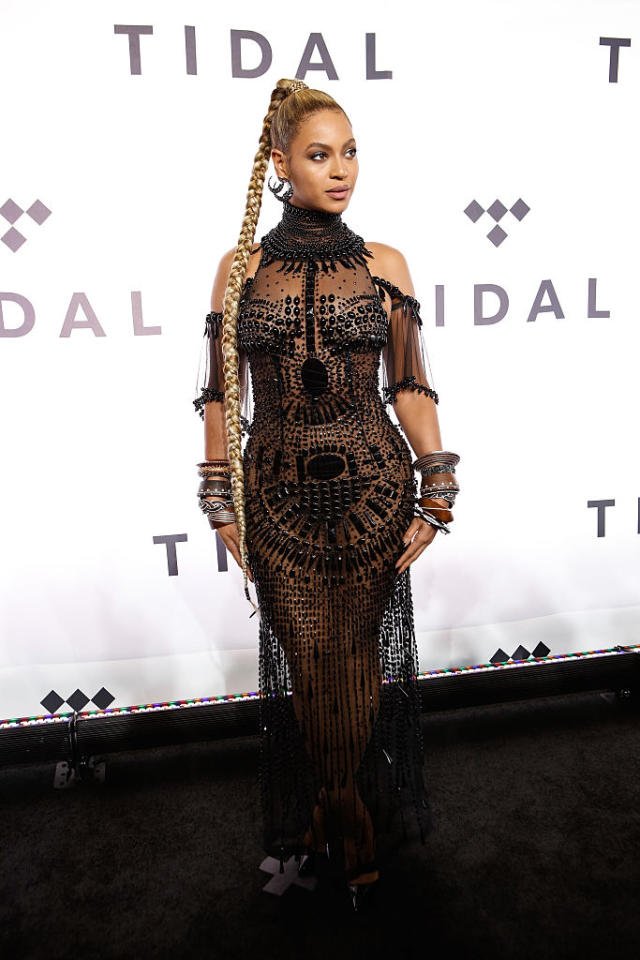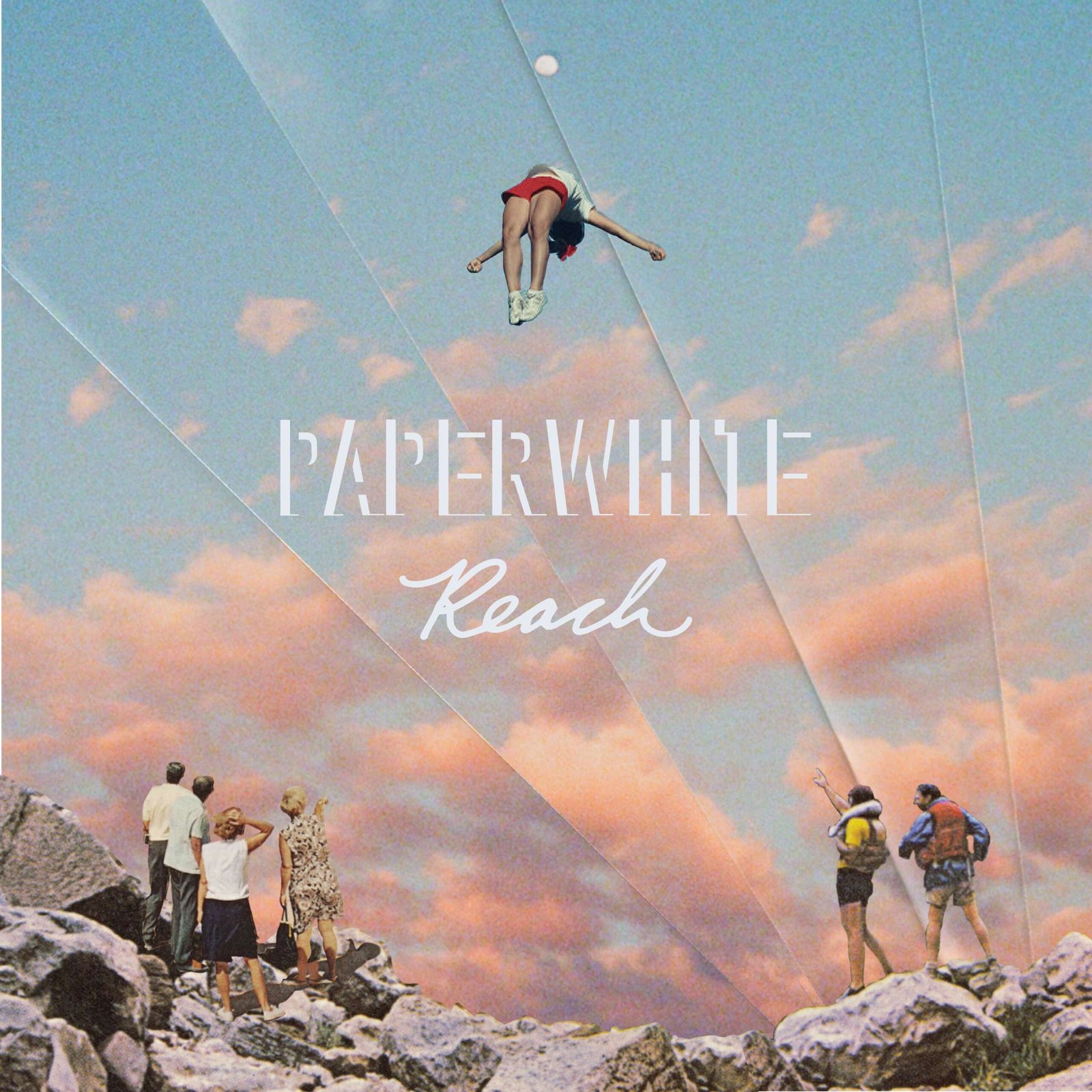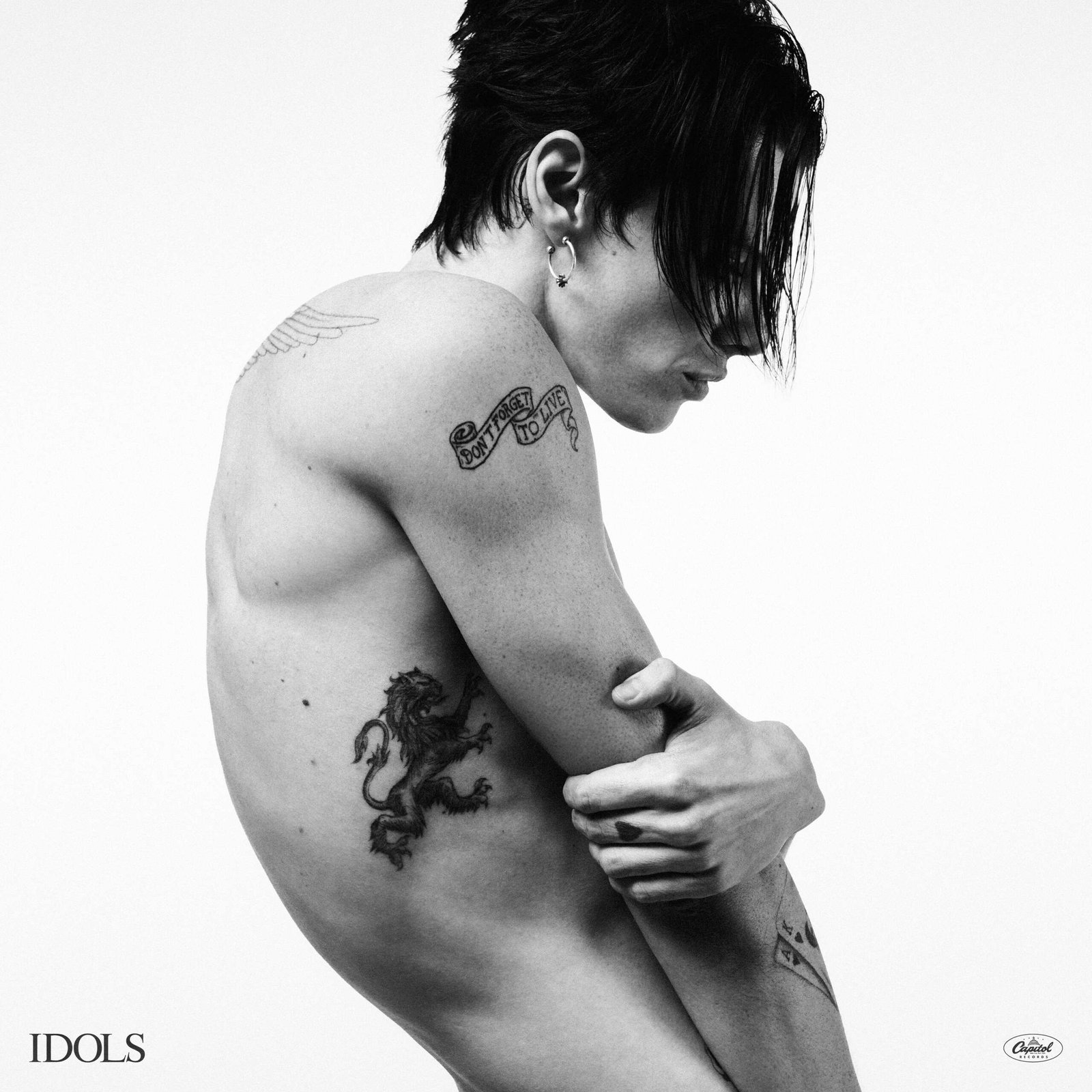Kanye West, Beyonce, Taylor Swift and more artists have hit out at streaming platforms in recent years, sparking a debate about the impact of streaming and digital music platforms on the music industry as a whole. These iconic figures, alongside other music executives have raised concerns over the unfair treatment of musicians in the age of streaming.

The debate about streaming’s impact is an extremely hot one. On one hand, artists like Bjork have lamented that streaming services have made music be seen as “free,” devaluing the concept of owning and cherishing music, while offering lower payouts of around $0.003 per stream, whereas a single album sale could net an artist anywhere from $0.70 to $8. Other musicians like Amanda Palmer, have pointed out the imbalance, arguing that while streaming can pay, it doesn’t pay fairly and hasn’t kept pace with the platforms’ profits.

Thus leaving a lot of artists and music enthusiasts grappling with the fundamental question: Are streaming platforms really killing the music industry?
The issue came to a head when Kanye West, known for his bold and unapologetic stance, made headlines with his decision to bypass traditional streaming services for the release of his album ‘DONDA 2’. Opting to distribute the album exclusively through his $200 Stem Player device, West cited concerns about the treatment of songwriters and artists by streaming platforms.

“Some say I’m the only one who can make this change,” West declared. “As the leading innovator in music of the past 20 years, I’m putting my own work on the line to change it. Songwriters have really been hurt by streaming platforms.”
This notion is common throughout the industry, with artists like Beyoncé echoing similar sentiments. The popstar has been vocal about the need for artists to reclaim ownership and control over their music, particularly in light of disputes over royalties and distribution rights.
“The music industry is at a crossroads,” Beyoncé remarked. “We must empower artists to control their own destinies and ensure fair compensation for their creative contributions.”
Taylor Swift, another prominent figure in the fight for artists’ rights, has waged her own battle against streaming giants like Spotify. Swift’s decision to re-record her entire back catalog—a move aimed at reclaiming control of her masters—showed the power dynamics at play in the digital age.

“Artists deserve to own and control their own work,” Swift asserted. “Streaming platforms must recognise the value of artists’ contributions and fairly compensate them for their art.
But it’s not just superstar artists who are feeling the pinch, Independent musicians, such as Emma Gonzalez have also reaffirmed that, “The rise of streaming has created a double-edged sword for independent artists, while it offers unprecedented reach, it often comes at the expense of fair compensation for our work.”
Despite the stance of these artists, streaming isn’t all doom and gloom. Music executives like Quincy Jones have pointed out the increased accessibility for listeners, as streaming services have allowed us to explore a wider range of genres and artists than ever before. Steve Boom, CEO of the American Association of Independent Music, has also highlighted how streaming services have helped curb music piracy, a major threat to the industry in the early 2000s.
And for some artists, streaming has presented a very powerful promotional tool. Charli XCX credits streaming with helping her connect with a global fanbase that wouldn’t have been possible otherwise. Platforms are also experimenting with features that allow listeners to directly support specific artists, potentially offering a new revenue stream.

Therefore, The future of streaming looks very promising, if managed well. The rise of artist-owned platforms and subscription-based models shows greater autonomy and accountability, eventually a fair payout model for artists along with increased transparency from streaming services and a focus on fan-to-artist support features, would be the key to a sustainable future for the music industry, with streaming platforms being a huge part of that.
However, One thing is for sure: the debate about streaming’s impact on music is far from over.
Read more Music Articles From KLATMAG
Written by Angel Joanne Okonkwo





